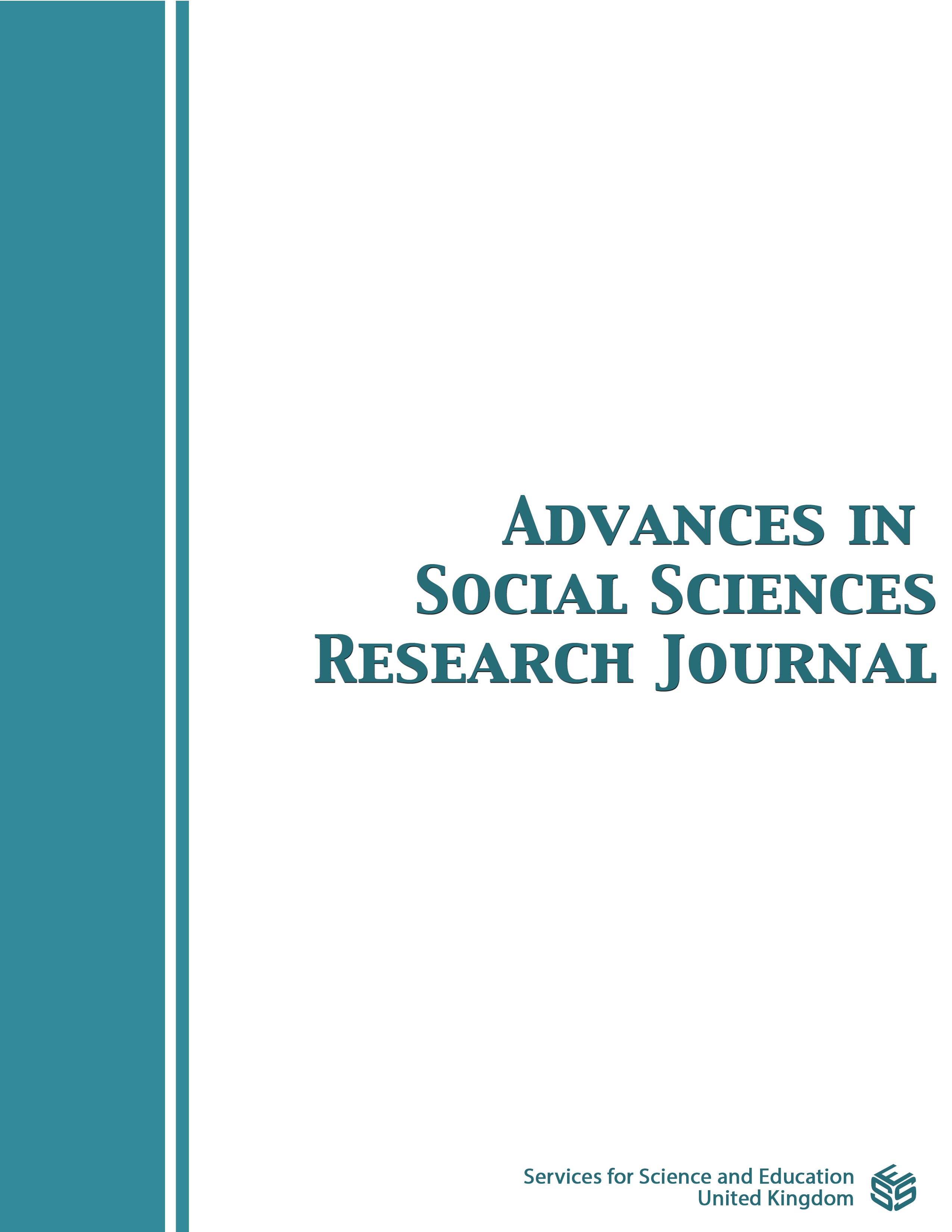Contextualizing Mill’s Idea on Freedom of Expression in The Indonesian Law on Prohibition of Hate Speech
DOI:
https://doi.org/10.14738/assrj.106.14859Keywords:
John Stuart Mill, Freedom of Expression, Hate Speech, Indonesian LawAbstract
This paper examines John Stuart Mill’s thoughts on freedom of expression as a part of human rights, especially to the extent it is limited by the prohibition of hate speech. Although this right is justified for philosophical, political, and individual reasons, it will be contextualized from Indonesia’s regulations perspectives. Tracing the background to the emergence of freedom of expression and the emergence of hate speech from developed countries such as Europe and America, the background for regulating hate speech is different from that of Indonesia, where hate speech is still regulated and prohibited in various regulations and subject to criminal sanctions. Freedom of expression initiated by John Stuart Mill is not absolute freedom as opinions lose their immunity when the opinions expressed become positive incentives for harmful actions.
Downloads
Published
How to Cite
Issue
Section
License
Copyright (c) 2023 Diah Imaningrum Susanti

This work is licensed under a Creative Commons Attribution 4.0 International License.
Authors wishing to include figures, tables, or text passages that have already been published elsewhere are required to obtain permission from the copyright owner(s) for both the print and online format and to include evidence that such permission has been granted when submitting their papers. Any material received without such evidence will be assumed to originate from the authors.






